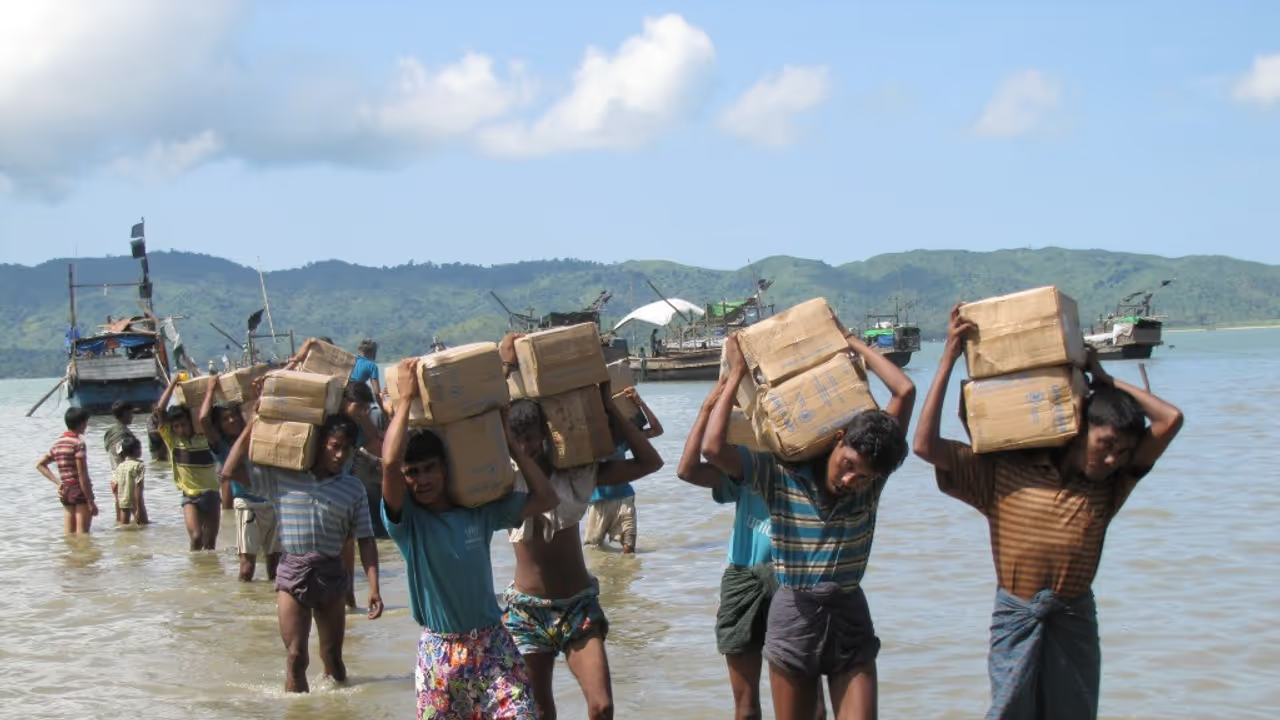Data shows that Haryana has 1526 Rohingyas residing within its territory. On the other side, the national capital has 865 Rohingyas living mainly in south-east and north-east Delhi.
Delhi: After Jammu and Kashmir, and Telangana, Delhi-NCR has become the new residence for Rohingyas. According to the exclusive data accessed by MyNation, Rohingyas are choosing Delhi and Haryana as their choicest destinations. Data compiled by the Ministry of Home Affairs (MHA) shows that Haryana is among the top three safe houses for Rohingyas, who allegedly left the border districts fearing government crackdown.
There is already a fear that Rohingyas can be exploited for spreading terror in India as the government feels that they can be an internal security threat to the nation.
During the Sunjwan Army Camp terror attack in February 2018, security agencies, during the investigation, found the involvement of Rohingyas, who reportedly provided shelter to terrorists before they carried out the deadly attack.
Haryana has 1526 Rohingyas residing within its territory. On the other side, the national capital has 865 Rohingyas living mainly in the south-east and north-east Delhi.
Data analysis by the MHA also says that more than 15% of the total population of Rohingyas in India is residing in Jammu and Kashmir. Data says that the most terror-hit state is home to 6373 Rohingyas while Telangana has a total of 5061 Rohingyas.
"We have asked the other states to upload data as soon as possible so that we can start with our further plan of action. The data compiled by the states is in accordance with the Myanmar Embassy form. We have also asked UIDAI and other agencies to cancel Indian identity cards obtained by the Rohingyas using fake documents," a senior MHA official said.

The Ministry of Home Affairs (MHA) has asked the Unique Identification Authority of India (UIDAI) to cancel the Aadhar cards of these Rohingyas immediately. UIDAI has already cancelled 10 Aadhar cards of those living in Telangana.
Five Rohingyas, who came to India in 2014, were lodged in a foreigner detention camp inside the Tezpur jail in Assam’s Sonitpur district after they were found guilty of illegal entry. In October 2018, seven Rohingyas were deported to Myanmar through Moreh along the Indo-Myanmar border.
